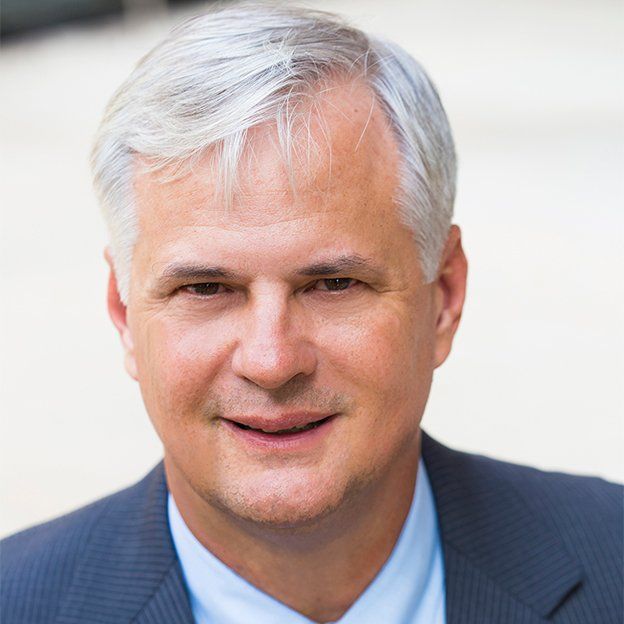Call Us
+1-808-523-3080
What Is Estate Planning?
Estate planning is the preparation of documents to protect and manage your assets and personal property in the event of your incapacitation or death.
An estate plan may consist of the following documents:
Revocable Living Trust
– Your Revocable Living Trust is the foundation of your estate plan. It contains your instructions for your own care and the care of your family if you become disabled, as well as for the distribution of your assets upon your death. Your Revocable Living Trust allows you to keep your instructions and financial affairs private and ensures that your instructions are carried out efficiently without unnecessary judicial involvement.
Last Will and Testament
– Your Last Will and Testament contains your instructions for the distribution of any assets owned by you, personally, at the time of your death. Typically, if you have a Revocable Living Trust, your Last Will and Testament leaves any property that was not transferred to your Revocable Living Trust before your death to your Revocable Living Trust. Thus, the Last Will and Testament functions as a safety net to ensure that the property owned in your individual name rather than in the name of your Revocable Living Trust at the time of your death is ultimately managed by your successor Trustees as provided in your Revocable Living Trust.
Power of Attorney
– With this document, you appoint an agent to act for you if you become incapacitated. Your agent is authorized to transfer property to your Revocable Living Trust, to make withdrawals from your retirement assets, or to do anything else that you want your agent to do for you if you become incapacitated.
Advance Health Care Directive
– Your Advance Health-Care Directive authorizes your agent to make medical decisions for you if you cannot express your wishes or make the decisions yourself. In addition, your Advance Health-Care Directive authorizes your agent to obtain copies of your medical records.
Real Property Transfers
– Property deeds are formal, legal documents that transfer a person’s rights of ownership to another individual or entity.
Funding and organizing of existing trusts
– Instructions that explain how to transfer your assets to your Revocable Trust and how to name your Revocable Trust as your beneficiary.
Asset protection trusts
– an estate planning device which provides protection of your assets from future creditors, future lawsuits, and any future judgment.
Do you need an Estate Plan?
Many people assume that estate planning is necessary only for the wealthy and elderly, when, in fact, everyone should have at least a basic estate plan, regardless of income, net worth or age. An estate plan can protect you and your assets not only after you die, but during your lifetime as well.
Reasons for Estate Planning
The following are a few of the many reasons why you should establish an estate plan:
- Loss of capacity – With an estate plan, you can choose who you want to manage your affairs if you become incapable of doing so.
- Minor children – With an estate plan, you can nominate the guardian of your choice.
- Blended families – With an estate plan, you can determine what goes to your current spouse and to the children from a prior marriage or marriages.
- Keeping assets in the family – With an estate plan, you can ensure that your assets will stay in your family and pass on to your grandchildren versus spouses and ex-spouses of your children.
- Avoiding Probate – With an estate plan, you can structure your financial affairs so that the court-monitored probate process can be avoided entirely.
An estate plan is most effective when you keep it as current as possible. You should review your estate plan regularly – or as often as changes occur in your professional and personal life. There is no better way to protect your loved ones than leaving an estate plan that is thorough and up-to-date.
Estate Planning Questions
Free Phone Consultationwith Michael D. Rudy*
Please prepare the following for your free phone consultation: - Timeline of your case
- Synopsis of facts
- Supporting documentation
- List of names of key participants.
- Timeline of your case
- Synopsis of facts
- Supporting documentation
- List of names of key participants.

MICHAEL D. RUDY
Founding Partner
MICHAEL D. RUDY is a founding partner of MacDonald Rudy O’Neill & Yamauchi, a Limited Liability Law Partnership, LLP. Mr. Rudy founded the firm in 1992 and has concentrated his practice over the last two decades in the area of trust and estate litigation in both state and federal courts. Mr. Rudy has litigated extremely large trust and estate litigation contests as well as more modest size disputes throughout the State of Hawaii. Mr. Rudy’s practice is focused on wills, estates and trust litigation, business transactions and formations, contested guardianships and conservatorships, simple and complex probate, business and real property disputes.
Fill out my online form.

